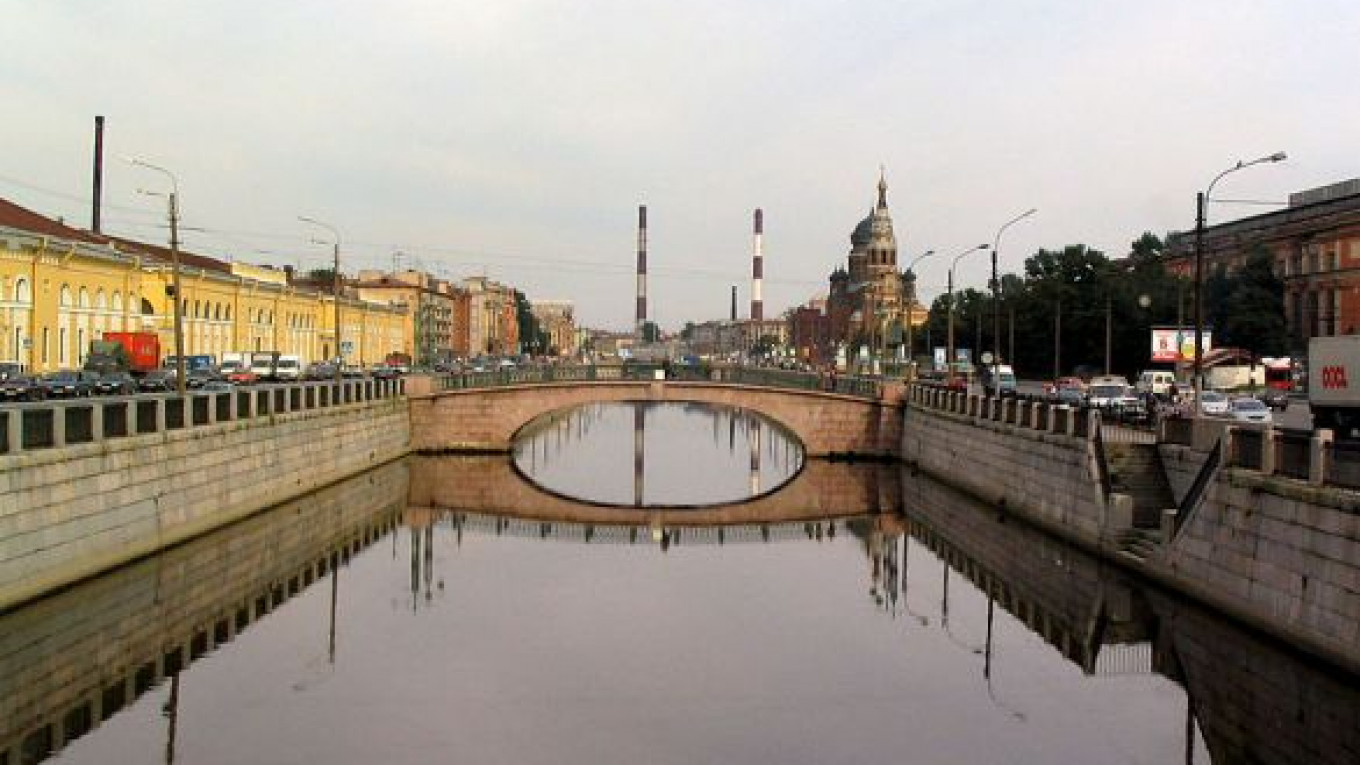The authorities of St. Petersburg and the Leningrad region, which spreads out from its city limits, are playing up a newfound level of cooperation and talking about blurring the lines between them.
Speaking at a recent intergovernmental meeting, St. Petersburg Governor Georgy Poltavchenko raised the idea of uniting the city and the whole region, which spreads out across the Gulf of Finland and Lake Ladoga coastlines and surrounds St. Petersburg, RIA-Novosti reported.
"If it were objectively necessary to merge the two areas of the city and region, it would need to take place [in a way] imperceptible to residents," Poltavchenko said, implying that it should not interrupt their daily lives.
At the same meeting, Leningrad region Governor Alexander Drozdenko said city versus region wasn't an important distinction for most people.
"Today, our citizens don't care which area they live in when it comes to their social and residential problems," Drozdenko said, BaltInfo.ru reported.
He said about 240,000 people living in the Leningrad region have permanent jobs in St. Petersburg, while up to 2 million city dwellers make summertime commutes to their dachas in the region.
The two men have discussed forming a "joint investment council" so that the city and region can woo investment together.
"We shouldn't be competing for major investors," Drozdenko said at the Nov. 13 event with his St. Petersburg counterpart.
Besides investment, tariff policies, infrastructure, healthcare and horticulture also demand closer cooperation between St. Petersburg and the region, Poltavchenko said.
Alexei Titkov, an associate professor of applied political science at the Higher School of Economics, said the merger of St. Petersburg and the region "is not very realistic." Though it is technically feasible, it is highly unlikely that President Vladimir Putin would give his imprimatur to such a plan, Titkov said.
Discussion of a potential merger of Moscow and the Moscow region also has come up this year.
As officials prepared to annex nearly 150,000 hectares from the Moscow region for the capital, Mayor Sergei Sobyanin had to quell rumors that the the government wanted to join the entire region to the city.
Moscow, St. Petersburg and their surrounding regions all have experienced a turnover in top executives in the past two years, with fresh faces supplanting politicians who had held the executive spot for anywhere from six to 16 years.
This new crop has introduced more cooperation to city-region relations. In spite of the political synergies, however, Moscow and St. Petersburg probably won't be united with their respective regions, Titkov said by telephone.
Given that the capital and the Moscow region both are economic powerhouses, such a union could create a super-region generating roughly a fourth of the nation's gross domestic product.
"If the United States were to join California and New York [State], it would be considered extreme," Titkov said.
Related articles:
A Message from The Moscow Times:
Dear readers,
We are facing unprecedented challenges. Russia's Prosecutor General's Office has designated The Moscow Times as an "undesirable" organization, criminalizing our work and putting our staff at risk of prosecution. This follows our earlier unjust labeling as a "foreign agent."
These actions are direct attempts to silence independent journalism in Russia. The authorities claim our work "discredits the decisions of the Russian leadership." We see things differently: we strive to provide accurate, unbiased reporting on Russia.
We, the journalists of The Moscow Times, refuse to be silenced. But to continue our work, we need your help.
Your support, no matter how small, makes a world of difference. If you can, please support us monthly starting from just $2. It's quick to set up, and every contribution makes a significant impact.
By supporting The Moscow Times, you're defending open, independent journalism in the face of repression. Thank you for standing with us.
Remind me later.






